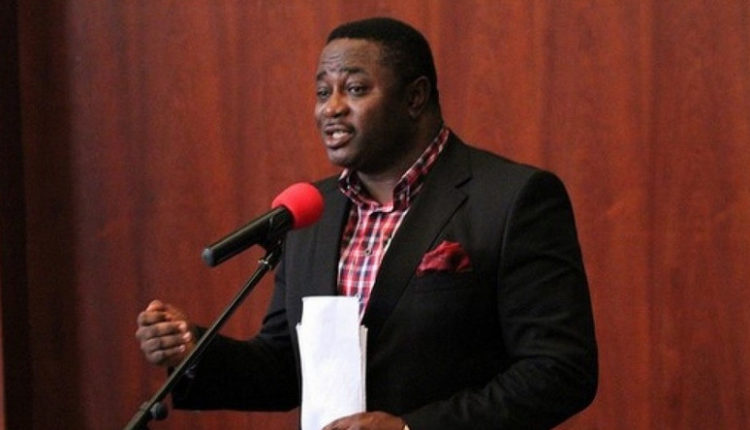Law on vote-buying unenforceable- NDC’s Director of Elections
The Director of Elections for the NDC has called for a review of the laws that criminalise the giving of food, drinks, transportation and other items to influence electoral outcomes.
Elvis Afriyie Ankrah speaking on the Super Morning Show Tuesday, said these laws are unenforceable given the evolution of society.
“The laws as they stand now, just like the ‘Okada Law’, are practically unenforceable, that is my position,” he told sit-in host of the SMS, Animwaa Anim Addo.
Mr. Ankrah was speaking on the back of the just ended NDC’s parliamentary primaries, where allegations of vote-buying were made by at least, two candidates who lost.
According to MP for Kumbungu, Ras Mubarak, people were sharing money in the constituency few days to the elections.
As a result, he has reported a case of money laundering to the Bureau of National Investigations (BNI).
This allegation of monetary influence in elections, if ascertained to be true infringes on the Representation of the Peoples Law, PNDC law 284.
For instance, Section 34 on Treating reads;
A person commits the offence of treating-
(a) if he corruptly either himself or through another person, before, during or after an election gives or provides or pays wholly or in part the expenses of giving or providing meat, drink, entertainment or provision to or for any person-
(i) for the purpose of corruptly influencing that person or another person to vote or refrain from voting; or
(ii) on account of that person or another person having voted or refrained from voting or being about to vote or refrain from voting; or
(b) if he corruptly accepts or takes any meat, drink, entertainment or provision offered in the circumstances and for the purposes mentioned in paragraph (a) of this section.
Responding to the charge of money buying in the just ended NDC elections, the Director of Elections said his outfit is yet to receive an official complaint to that effect.
However, he believes the isolated incident, which did not affect the integrity of the hugely successful election, affords the nation an opportunity to relook at Ghana’s electoral law and review those which have outlined their usefulness.
“In our status books we are not to take Okada [commercial motor transport]; Okada’s are illegal but our societies have evolved to the point that even policemen take Okada.
“If you have laws in the statute book and enforcing them become a problem you need to take a second look and review them,” he argued.
According to him the nature of the constituencies especially those removed from towns makes it imperative for politicians who bring such communities to the town center to engage them to facilitate their basic needs.
“I’m sure you know the nature of some of our constituencies. So those people you want to meet them at the community center, you want them to come with their own money, spending the whole day, buy food and drinks and go back? It is not realistic, it is not practical,” the former Minister for Youth and Sports pointed out.
Mr. Ankrah says what is at stake is a review of the laws to curb excess spending. Excess spending, he says, must be distinguished from spending on “things that are needful.”
Rather than pointing accusing figures and blaming others, he believes the issue requires national conversation from which all stakeholders can make an input.
“I am total against people spending big amounts of money buying fridges, for delegates, it is totally not right because the state pays back. It is not in anybody’s interest but at the same time too there are realistic amounts people expend because of elections,” he added.


